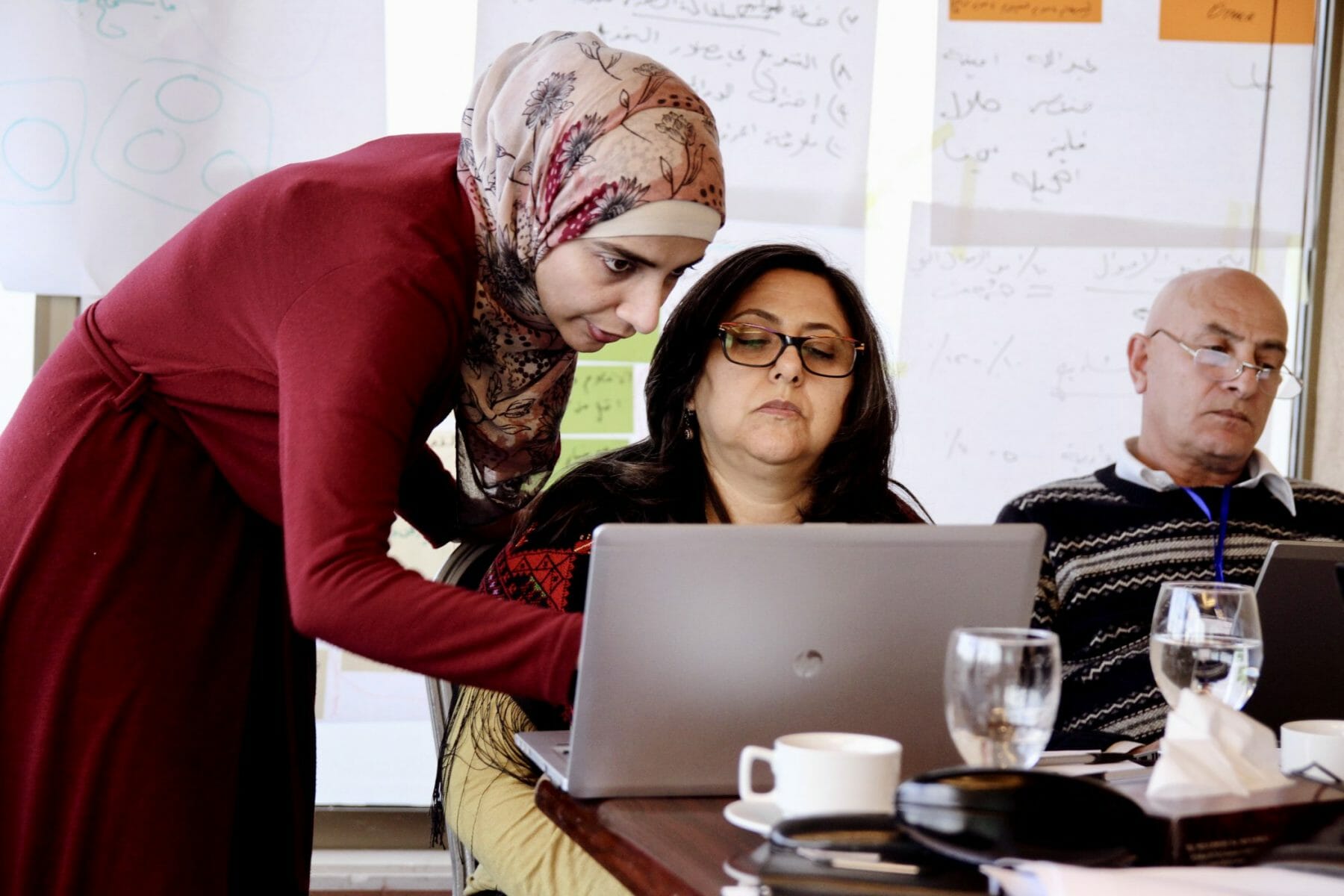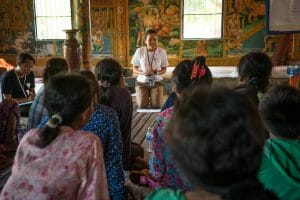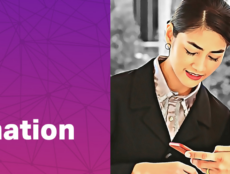
Articles
Editor’s Picks
Philanthropy University Is Building Capacity at NGOs with Free MOOCs, Capital, And Other Initiatives
By Henry Kronk
March 23, 2018
These days, it’s not uncommon to hear any kind of online course-provider—MOOC or otherwise—to say that they’re democratizing education. But one organization is making a more substantial attempt at that goal than most. Philanthropy University has a concerted directive: help non-government organizations make a measurable difference, with a focus on the global south.
That work is known as capacity building, and it isn’t exactly Hammurabi’s Code either. Philanthropy University’s CEO Connor Diemand-Yauman is the first to admit this. “Capacity building is a really broad term,” he said. “You can think of it as anything that helps an organization deliver services more effectively and more efficiently.”
“Philanthropy University is reimagining capacity building for the digital age,” said Diemand-Yauman. “That’s not just a sound bite; it means we’re challenging systematic, deeply-entrenched assumptions and practices about how to best to strengthen civil society, and how to measure that strengthening.”
How Philanthropy University Builds Capacity
Philanthropy University goes about doing that in a number of ways. To begin, they’ve developed a series of free MOOCs that broadly target the typical work of NGOs (if such a thing exists). Their courses include “Fundraising Strategies,” “Planning for Monitoring and Evaluation,” and “Girl Centered Design.”
These courses are free and available for anyone. All of them will begin their first run in April, and enrollment is currently open.

Diemand-Yauman isn’t exactly a stranger to MOOCs; he used to work at Coursera.
A common criticism against MOOCs is that, while a given course might attract tens of thousands, few complete them. That, however, is not a concern for Diemand-Yauman.
“Focusing on completion rates in MOOCs is like focusing on completion rates for newspapers. I personally don’t know a lot of people who read the newspaper end-to-end, but that doesn’t mean that everyone else is a failure. Some people are only interested in the business section; others just want the comics. Are these readers failures at newspaper reading? Of course not.”
One thing that distinguishes Philanthropy University from other online educators is that they prioritize outcomes over output. Completion rates would be a classic example of a MOOC-related output. But Philanthropy University has other outcomes in mind. They’d like to see an NGO improve their fundraising campaigns, or expand their outreach, or achieve any kind of measurable goal.
The Issue of Access
Targeting organizations in the global south comes with a specific set of challenges. One of those is simply opening up resources for others to access. Philanthropy University is going about this in a number of different ways.
“[W]e’re experimenting with a lot of different approaches and seeing what sticks. This is central to lean methodology and rapid iteration. We have a set of hypotheses about what’s needed to reach and improve our learners; our goal is to test these as quickly as possible, learn from the experiences, and iterate. Rinse and repeat.”
“Some of the hypotheses that I’m most excited about include new distribution models leveraging best-in-class development partners like Mercy Corps and FHI 360, first-of-its-kind learning products like entirely podcast-based MOOCs, an entirely digital organizational effectiveness tool, and more.”
“We’re unique in this space. We’re the first platform of our kind to focus specifically on reaching local organizations in the Global South at scale. We’re the first to innovate with content and product ideas for this unique segment, like MOOCs constructed entirely from podcasts to enable low-bandwidth accessibility. We’re the first to attempt to rigorously link individual skill attainment to organizational capacity gains. We’re focusing where we see the greatest need and opportunity aligned with the SDGs, and that means doing things a little differently.”
Philanthropy University also partners more directly with vetted NGOs. They have raised and provided capital to these organizations and helped to expand their network. They look for qualities like cultural alignment, market strength, aggression and speed, and others. If you or your organization is interested in the resources offered by Philanthropy University, you can learn more at their site.









No Comments